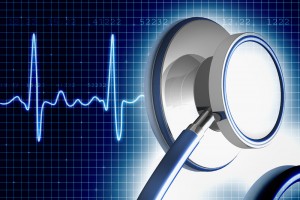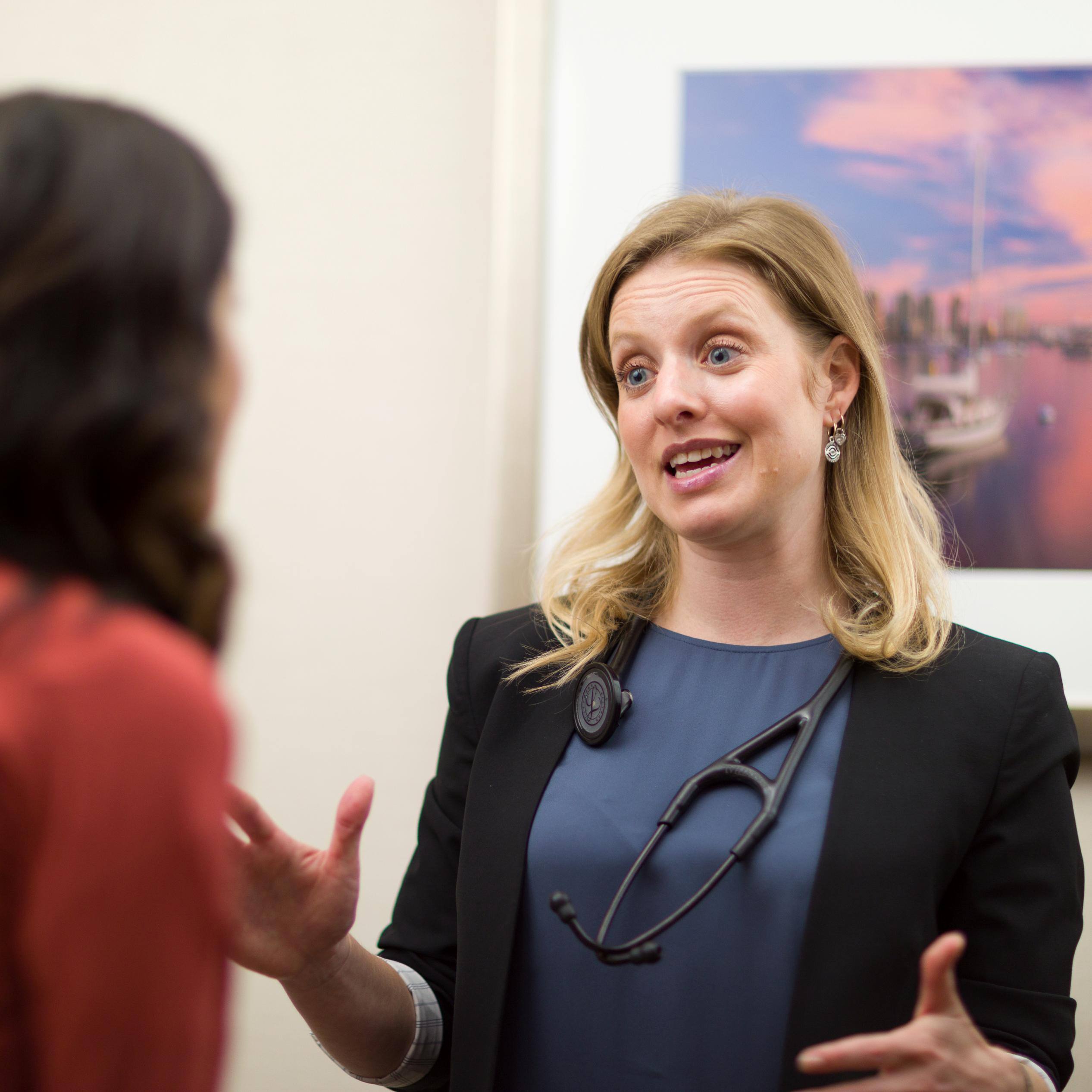-
Molecular Breast Imaging: Better Way to Spot Cancer in Dense Breast Tissue
ROCHESTER, Minn. — Mayo Clinic researchers have developed a new tool to better identify tumors in women with dense breast tissue. The February issue of Mayo Clinic Health Letter covers this technology, called molecular breast imaging (MBI).
Breasts are a mixture of fatty and dense tissue. About one-half of women younger than age 50 have breast tissue considered dense on mammogram images. The same is true for about one-third of women over 50. On a mammogram, dense tissue and tumors both appear white. Spotting a tumor in dense tissue has been compared to looking through a frosted glass window.

MBI offers a clearer picture and detects three times as many cancers in women with dense breast tissue than traditional mammography does. Like mammography, MBI requires that the breast be compressed between two plates. However, MBI needs only about one-third of the pressure used for a mammogram. Prior to the imaging, a short-lived radioactive tracer is injected into the woman's arm vein. Two 10-minute images are taken of each breast using gamma radiation. (Radiation levels from MBI are comparable to the dose that's delivered from one digital screening mammogram.) If tumor cells are present, they absorb the tracer like a sponge and illuminate on the image.
MBI supplements — rather than replaces — mammography, which remains an accurate screening tool in women with non-dense breasts. The Food and Drug Administration approved MBI as a screening tool in 2010. While MBI is not widely available at all medical centers, that is expected to change over the next few years. MBI costs around $600.
Mayo Clinic Health Letter is an eight-page monthly newsletter of reliable, accurate and practical information on today's health and medical news. To subscribe, please call 800-333-9037 (toll-free), extension 9771, or visit Mayo Clinic Health Letter Online.
Media Contact: Ginger Plumbo, 507-284-5005 (days), newsbureau@mayo.edu







